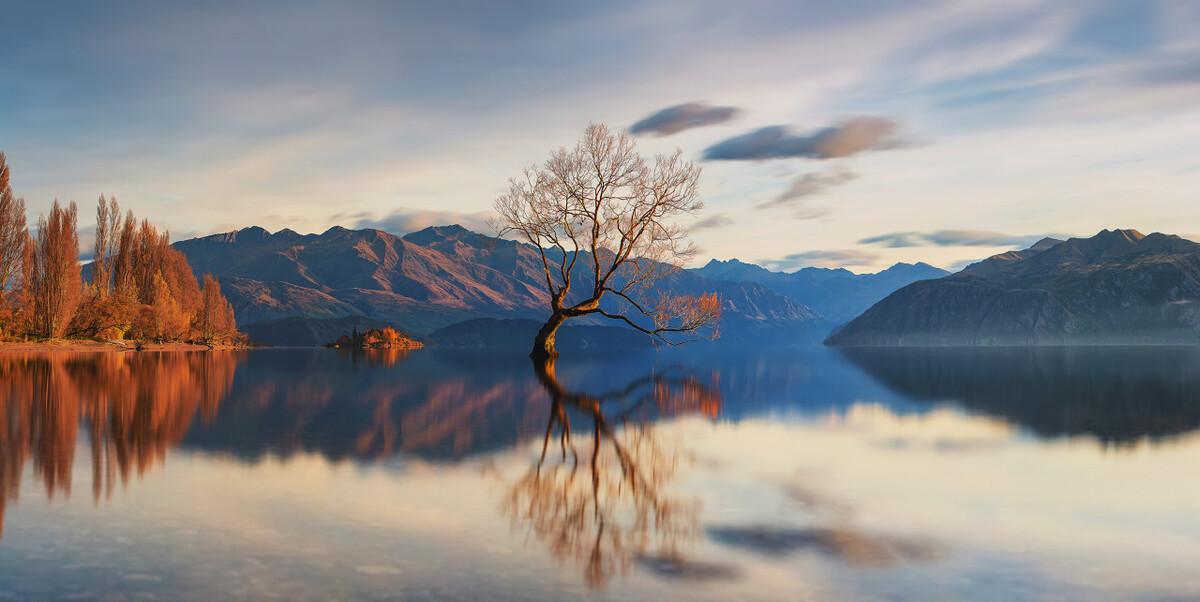Text/Zhang Jie (Collection and Collation)
Over the Tianchi Pass, is the north bank of the Baisha River. A large bend on the south bank is the cave house where fuxi's brothers and sisters get married. That cave house is still there today. Someone once saw a golden duck running into the cave and chasing it for seven hundred and forty-nine days before chasing out the hole on that side, and the golden duck was gone. So I took the road on the mountain back to the Baisha River.
This Baisha River was originally called the Baisang River. To this day, the Baofeng people are still screaming. It is called the Baisha River, and it is called the Baisang River, and no one corrects anyone's statement. In fact, it is famous to say, each with its own origins. First, that river was a long time ago, and there were mulberry trees on both sides of the river, and in order to solve the problem of dressing the children's descendants, Nuwa sent a letter to Taibai Venus and asked him to throw a packet of "heavenly insects" to plant, because she knew that "heavenly insects" would spit silk, and the cocoons formed by the spit silk would be cut into silk, and the Queen Mother and Chang'e used to weave silk and silk, make clothes and put them on their bodies, and they were very beautiful.
Nuwa hid the "heavenly insect" in her chest to warm it, and after eight or nine days, she warmed up one snow-white small heavenly insect after another, and later the world called the heavenly insect "silkworm", and the little white silkworms climbed along the banks of the river towards the mulberry tree and climbed the tree to eat mulberry leaves. Because the mulberry trees are all dense silkworms, the mulberry trees on both sides of a river are like white mulberry trees; the silkworms eat all the mulberry leaves, and then spit silk on the mulberry trees to weave dense white cocoons, which from a distance and close up have become white mulberry trees on both sides of a river, so people call this river the White Mulberry River.

Second, on the Baisang River Embankment, there is a buffalo-sized stone mill, which is set up on a milling plate on the edge of the field, and the white rice is constantly milled every day and night for the children of Nuwa to eat. White rice is milled during the day, some people pick it, some people shovel it, and at night there is no one to take care of it. More white rice is rolled out of the mill plate, and it flows down the river. The original black sand and green sand in the river were covered. Over time, the white rice accumulated on the riverbed became white sand. Therefore, this river is also called the White Sand River.